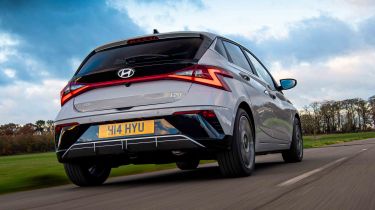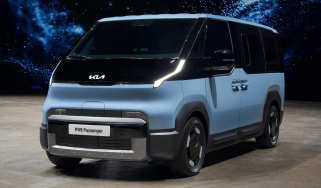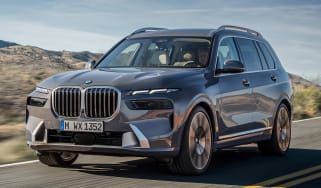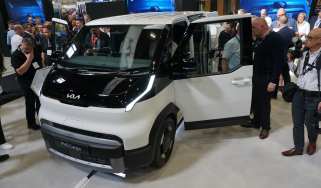Hyundai i20 - Engines, performance & drive
The latest Hyundai i20 is more capable than its predecessor and now offers a dose of driving fun.

Previous generations of Hyundai i20 have driven neatly enough but rarely got within striking distance of the more entertaining cars in their class. It’s all changed this time, though, because the latest i20 is now a genuinely satisfying little car to drive.
It’s clear that Hyundai made sure the basic i20 package was up to the task – but it hasn’t sacrificed the needs of everyday buyers in the pursuit of a more entertaining drive. The ride is a little firmer than previous i20 drivers might be used to, which has helped reduce body lean in corners and sharpen up the Hyundai’s handling, but it still smothers bumps admirably well, at least on the smallest 16-inch wheels of Advance models.
Lack of engine choice may pose an issue for some. The sole 99bhp engine in the i20 does a decent job of keeping up with traffic, but it doesn’t have the flexibility of the equivalent turbocharged 1.2-litre engine as used in the Vauxhall Corsa. The Corsa has a bit more pulling power that gives you the confidence to overtake slower-moving traffic, and when getting up to motorway speeds, while wind and tyre noise in the i20 become a little higher than the Corsa at this increased pace.
The manual gearbox is our preferred choice for cost reasons, although it isn’t the best manual we’ve ever tried. It’s a drivability issue between first and second gear where we couldn’t perform a smooth gear change, no matter how hard we tried. Rivals like the Renault Clio, Skoda Fabia, and Volkswagen Polo have a much more satisfying gear change.
The seven-speed dual-clutch automatic had the edge over jerky rivals like the Citroen C3, but even that can be caught out when asking it to kick down for quick acceleration.
Engines, 0-60 acceleration and top speed
The front-wheel drive i20 range offers a choice of a six-speed manual or a seven-speed dual-clutch transmission (DCT). The sole three-cylinder petrol unit comes in 99bhp form, and there’s a useful 172Nm of torque available from only 1,500rpm.
The manual car delivers the quickest 0-62mph time, taking 10.4 seconds, while the automatic version is a little slower at 11.4 seconds. The manual has a top speed of 117mph, while the auto has a maximum of 115mph.
That’s a little slower than our preferred 99bhp 1.2-litre Corsa and 94bhp 1.0-litre Polo, both of which can crack the same sprint in under 10 seconds.









